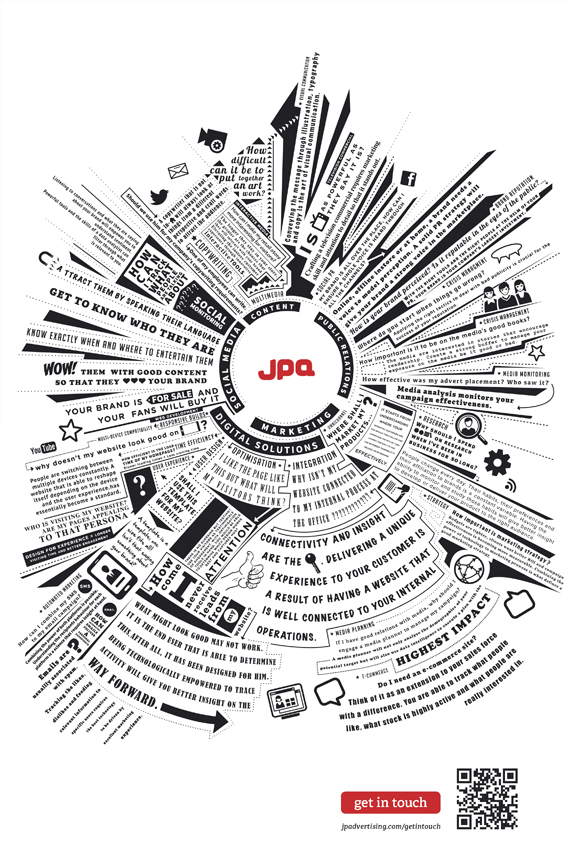Is the relentless churn of information, particularly within the highly-charged world of professional football, becoming a breeding ground for misinformation? The rapid-fire dissemination of content by aggregators, fueled by the hunger for clicks and engagement, is increasingly blurring the lines between fact and fiction, leaving even seasoned sports enthusiasts struggling to discern the truth.
The digital landscape of NFL news and commentary is a complex ecosystem, a swirling vortex of tweets, videos, and articles vying for attention. At the heart of this ecosystem are the aggregators, accounts and individuals that curate and repackage content from various sources, often with the aim of providing a one-stop shop for fans seeking the latest updates and opinions. While this service can be convenient, it also introduces a number of potential pitfalls, particularly when the source material is flawed or the aggregator lacks the necessary journalistic rigor.
The recent online skirmishes involving the account JPA Football (@jpafootball) have brought these issues into sharp relief. The account, which boasts a significant following across multiple social media platforms, has been accused of spreading misinformation and, in one instance, of plagiarizing content from another source. The details of these incidents, while specific to JPA Football, are illustrative of the broader problems facing the NFL news ecosystem.
One instance involves a tweet from JPA Football that presented a video of a handcuff celebration by a player as if it were the primary focus. This action, while factually correct, was presented in a way that was misleading, potentially conveying a distorted image of the original event. The incident underscores the power that aggregators possess to shape perceptions, even when the underlying information is technically accurate.
Another instance saw JPA Football accused of plagiarizing a tweet from NFL Media's Gregg Rosenthal, a seasoned journalist with a long and respected career in sports reporting. This alleged act of plagiarism highlights a different dimension of the issue, the potential for aggregators to exploit the work of legitimate journalists and content creators for their own gain. This raises questions about the ethics of content aggregation and the importance of giving credit where it's due.
The fallout from these incidents has not been confined to the digital realm. Prominent figures in the sports media world, including Mina Kimes, Pat McAfee, and Ian Rapoport, have weighed in on the drama, adding their voices to the debate about the role and responsibility of NFL aggregators. Their comments serve as a reminder that even established media figures are paying close attention to the evolving landscape of sports information and are concerned about the potential for misinformation to spread.
The rise of aggregators like JPA Football also raises questions about the role of traditional media outlets in the modern sports news ecosystem. As aggregators gain influence, traditional media outlets may find themselves competing for the same audience with content that is often less rigorously vetted and more prone to hyperbole. The ability of traditional media to maintain their credibility and relevance in this environment will depend, in part, on their ability to offer accurate, in-depth reporting and analysis that distinguishes them from the more superficial content often found on aggregator accounts.
The case of Jordan Asri, the individual behind the JPA Football accounts, provides a more personal insight into the phenomenon. Asri, who maintains a presence on both TikTok and Instagram, has cultivated a substantial following. His content, which focuses on all things American football, is geared towards engaging with fans in an immediate and accessible way. This is a common tactic for aggregators, focusing on building a loyal audience through frequent updates, quick reactions, and a focus on the latest, most buzzed-about news.
However, with this approach comes the potential for errors, inaccuracies, and the spread of rumors. Asri's case highlights the responsibility that content creators have to ensure the accuracy and reliability of their information, even when operating in the fast-paced, high-pressure environment of social media.
The nature of the information disseminated on these platforms is not always about hard-hitting news. Take, for instance, the comments surrounding Terrell Suggs' statements regarding Aaron Hernandez, or the text message from Randall Cunningham to Jalen Hurts after the Super Bowl. These snippets of information, while potentially valuable to fans, are largely anecdotal and should be treated with a healthy dose of skepticism. Their inclusion in the aggregator's feed, without sufficient context or verification, runs the risk of misrepresenting the individuals involved or contributing to the spread of misinformation.
This brings us to the discussion around the broader concerns regarding accuracy and bias in the coverage of professional football. One specific example of this comes in the form of the fan reaction to a question asked of Travis Kelce during Super Bowl week. The JPA Football account, echoing the sentiments of many fans, expressed disapproval of the question, suggesting that it was a waste of an opportunity to gain valuable insight into Kelce's thoughts and feelings. This, in turn, raises questions about the media's role in covering the sport and the pressure that reporters face to provide click-worthy content.
Another example relates to the ongoing debate surrounding the Washington Commanders' name. The revelation of a petition seeking a return to the Redskins name, which garnered significant attention, illustrates the potential for emotionally charged issues to become entangled in the news cycle. While aggregators often play a crucial role in amplifying these discussions, the same principles of verification and context apply, regardless of the topic.
Finally, the discussion of the Trailer Park Boys, which appears in a Reddit post, shows that discussions on aggregation can sometimes stray into broader cultural and entertainment spheres. It underscores the wide-ranging topics that are shared in a place that may or may not be related to a specific topic. While this might be a distraction from the core subject of NFL news, it also acts as a reminder that content aggregators draw from a broad range of resources and will share a myriad of topics.
The issues raised by the actions of JPA Football, and other aggregators, are part of a larger trend in the media landscape. The speed and scale of information sharing, combined with the pressures of social media, have created an environment where accuracy and nuance are often sacrificed in the pursuit of engagement and virality. Therefore, it's the responsibility of both the aggregators and the consumers of news to be vigilant and critical. By verifying information, seeking out credible sources, and exercising a healthy dose of skepticism, fans can protect themselves from the potential pitfalls of the modern sports news ecosystem.
| Attribute | Details |
|---|---|
| Name | Jordan Asri |
| Aliases | JPA Football |
| Social Media Presence | TikTok: @jpafootball, Instagram: @jpafootball, X (Twitter): @jpafootball |
| Platform Focus | American Football news, highlights, commentary |
| TikTok Followers | 299.1K likes, 3484 followers (as of current information) |
| Type of Content | News, rumors, opinions, reactions, video clips |
| Known For | Rapid-fire dissemination of NFL content, engaging with fans |
| Controversies | Accusations of spreading misinformation, plagiarism |
| Associated Figures | Terrell Suggs, Randall Cunningham, other NFL players and personalities |
| Influence | Significant following on social media, influential in shaping fan perception of NFL news |
| Reference | JPA Football on TikTok |

![[JPA Football] Raiders Fans Chant Fire Him! To A Frustrated Mark Davis At Sundays Game : R/nfl](https://external-preview.redd.it/jpa-football-raiders-fans-chant-fire-him-to-a-frustrated-v0-4npQLnkrIqS1tL1KM3K-hn7CJsOEwZN2TdAz590g8Lo.jpg?auto=webp&s=e2e456defc960cc190d320465a619a2f777694e4)

